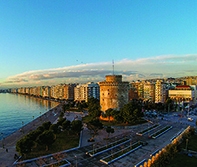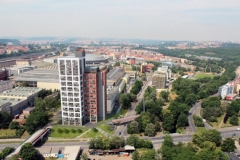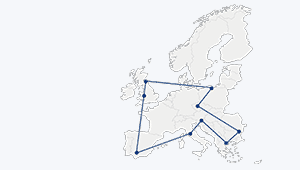
In the EU25 the proportion of elderly people (aged 65 and more) will increase from 16.4% in 2004 to 29.9% in 2050 or from 75.3 million in 2004 to 134.5 million in 2050. The highest proportions of elderly people in 2050 are expected in Spain (35.6%), Italy (35.3%), and Greece (32.5%)). As far as the elderly dependency ratio is concerned (population aged 65 and more as a percentage of population aged between 15 and 64), this means that, whereas in 2004 there was one inactive person (young or elderly) for every two persons of working age, in 2050 there would be three inactive persons for every four of working age.
Even if the impact of demographic ageing differs from city to city and from region to region, it will influence nearly every sphere of life: labour markets, housing, social security systems, infrastructures, urban/spatial planning, education, budgets and finances.
The partners in this network have highlighted the following common sub-themes that will form the basis of the transnational exchange:
- Ageing and economy (enterprise and the “silver” economy).
- Impact on care systems/arrangements.
- Ageing and insecurity.
The main issue of the project is to produce 9 action plans in order to implement concrete actions for an integrated approach to labour market and social policies for older people.
Timeline
Integrated Action Plans
-
 Rome
Rome -
 Maribor
Maribor -
 Thessaloniki
Thessaloniki -
Dobrich
-
 Prague District 9
Prague District 9 -
Starogard
-
 Edinburgh
Edinburgh -
Wolverhampton
-
Seville

